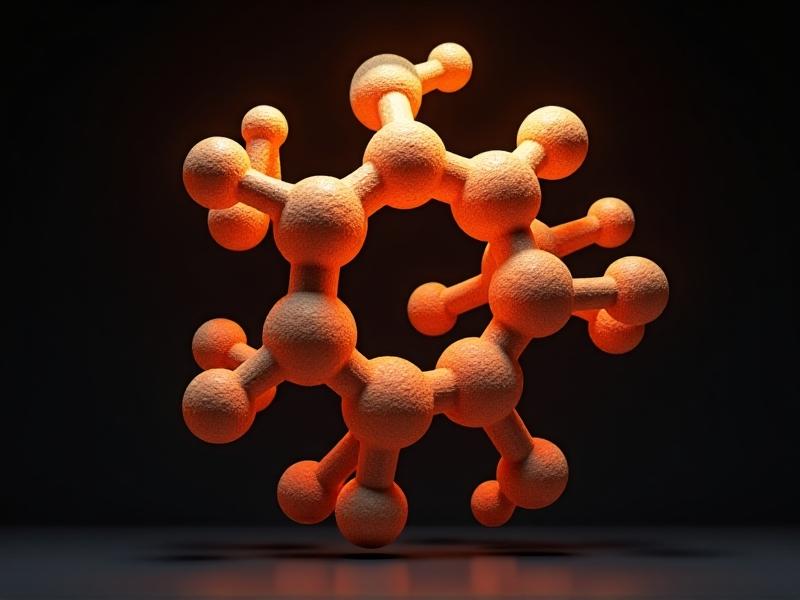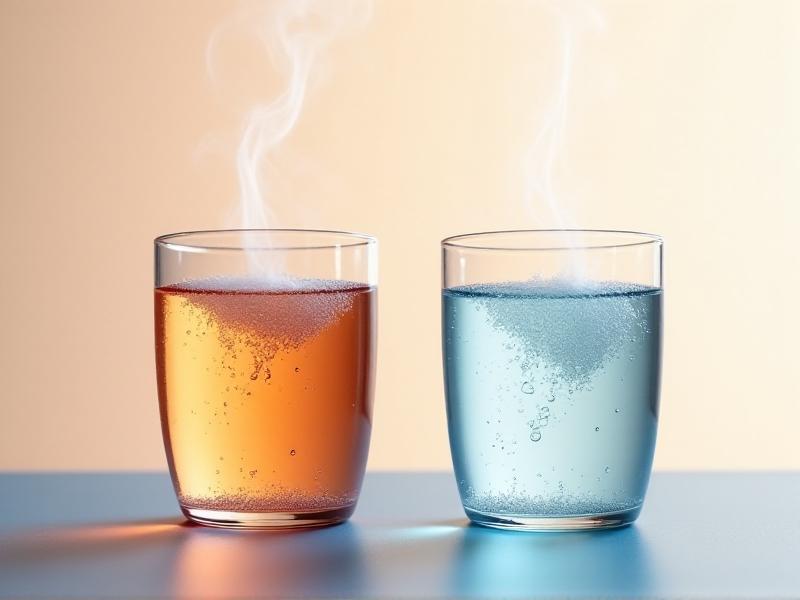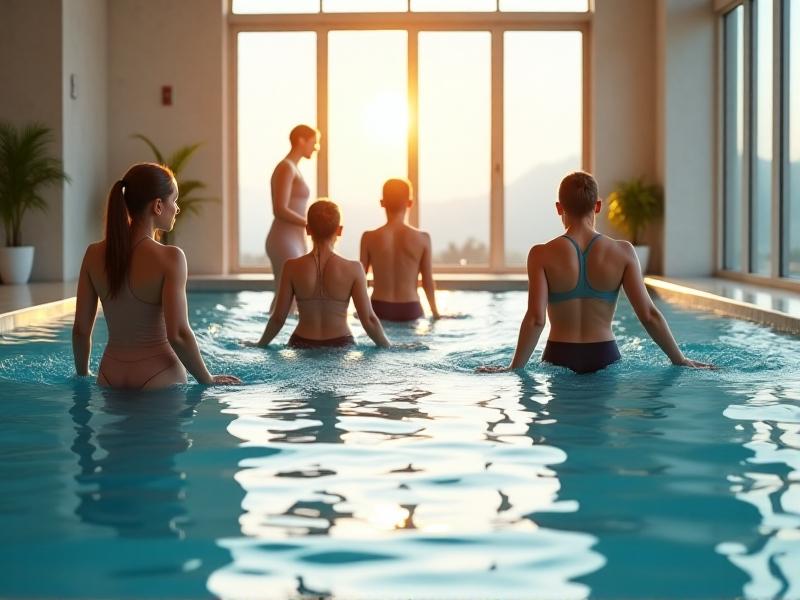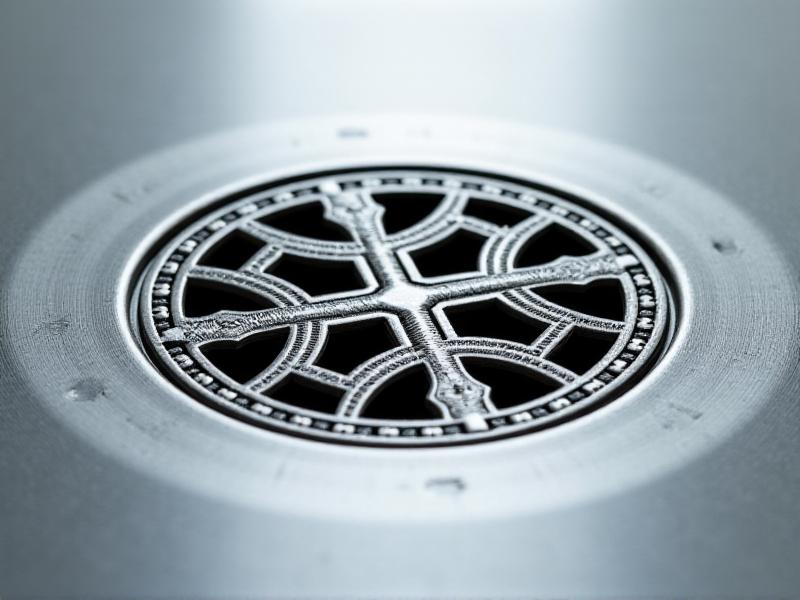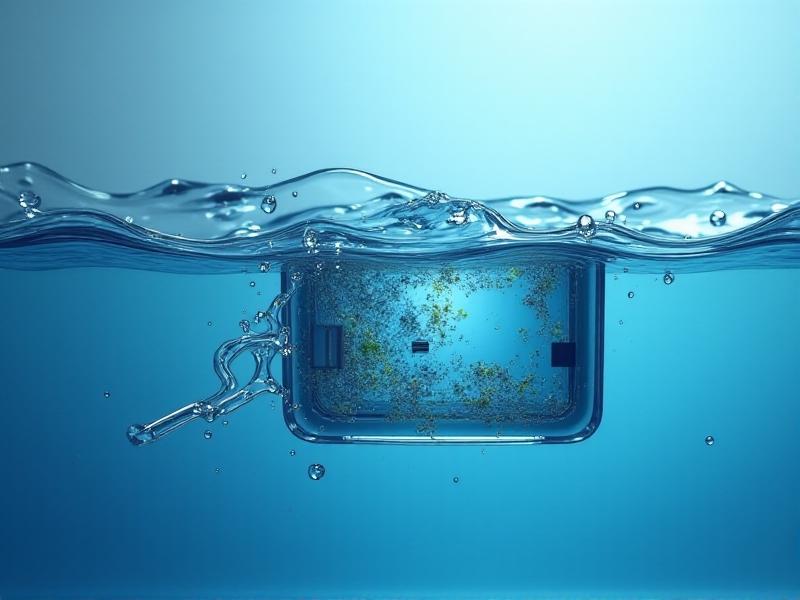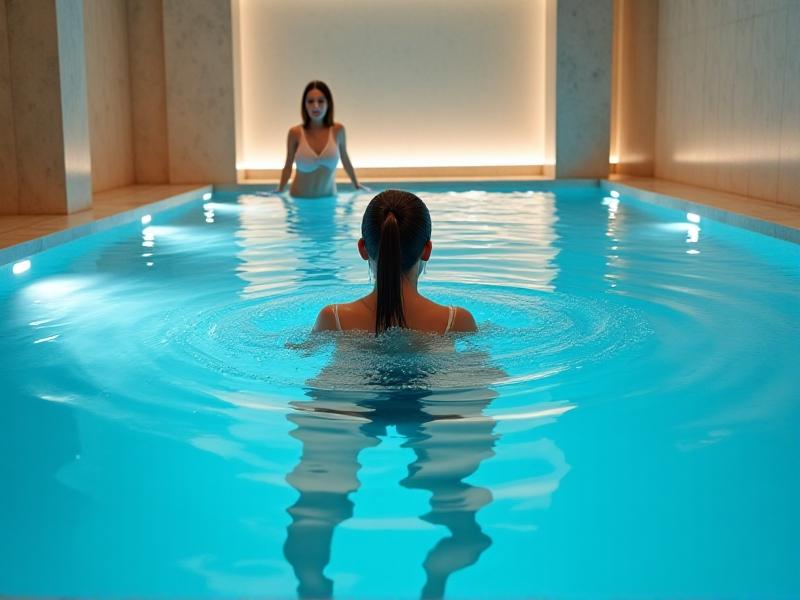Chlorine Alternatives for Sensitive Skin
Understanding Sensitive Skin and Chlorine’s Impact
For many people, swimming is a refreshing and enjoyable activity. However, for those with sensitive skin, the chlorine used to keep pools clean can cause irritation, redness, and dryness. Chlorine is a powerful disinfectant that kills harmful bacteria and viruses, but it can also strip the skin of its natural oils, leaving it vulnerable. Sensitive skin reacts more intensely to these effects, often leading to discomfort or even rashes. Understanding how chlorine interacts with the skin is the first step in finding alternatives that are gentler and more suitable for those with sensitivities.
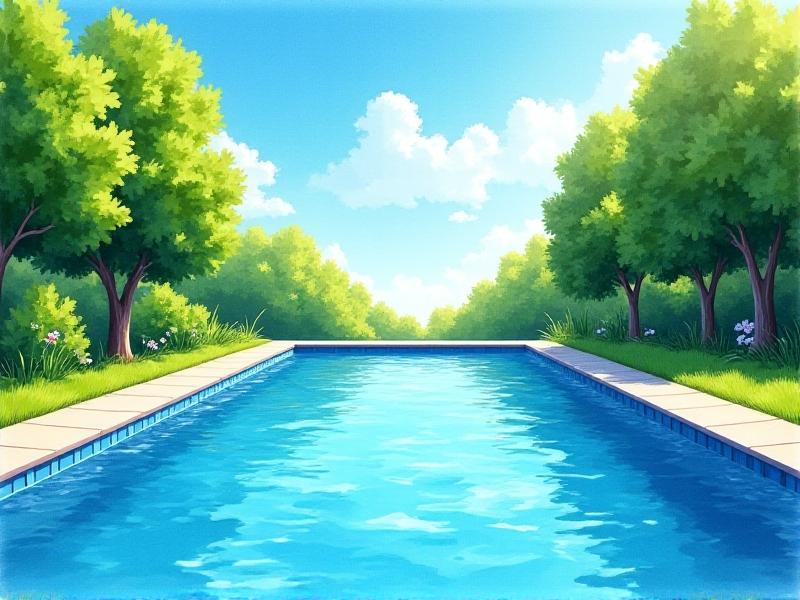
Why Chlorine is the Go-To Pool Sanitizer
Chlorine has been the standard for pool sanitation for decades due to its effectiveness and affordability. It works by breaking down into hypochlorous acid, which destroys bacteria and other pathogens. Additionally, chlorine helps oxidize organic matter like sweat and urine, keeping the water clear. While its benefits are undeniable, the drawbacks for sensitive skin are significant. The chemical can disrupt the skin’s pH balance, leading to irritation and dryness. For those with conditions like eczema or psoriasis, chlorine exposure can exacerbate symptoms, making it essential to explore alternatives.
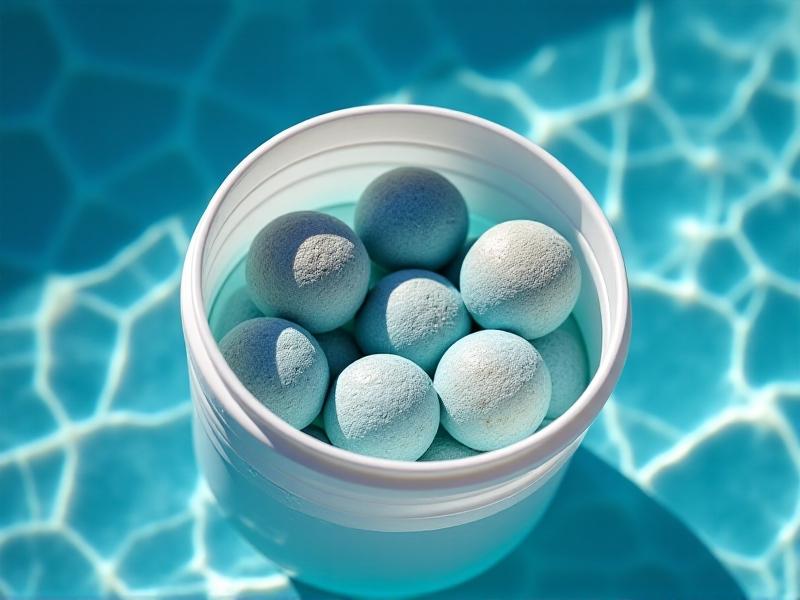
Natural Alternatives to Chlorine for Pool Sanitization
For those seeking gentler options, natural alternatives to chlorine are gaining popularity. Saltwater pools, for example, use a salt chlorine generator to produce chlorine in smaller, less concentrated amounts, reducing skin irritation. Another option is mineral-based systems, which use elements like copper and silver to kill bacteria without harsh chemicals. Ozone generators and UV light systems are also effective, as they neutralize pathogens without leaving chemical residues. These alternatives not only benefit sensitive skin but also create a more eco-friendly swimming environment.
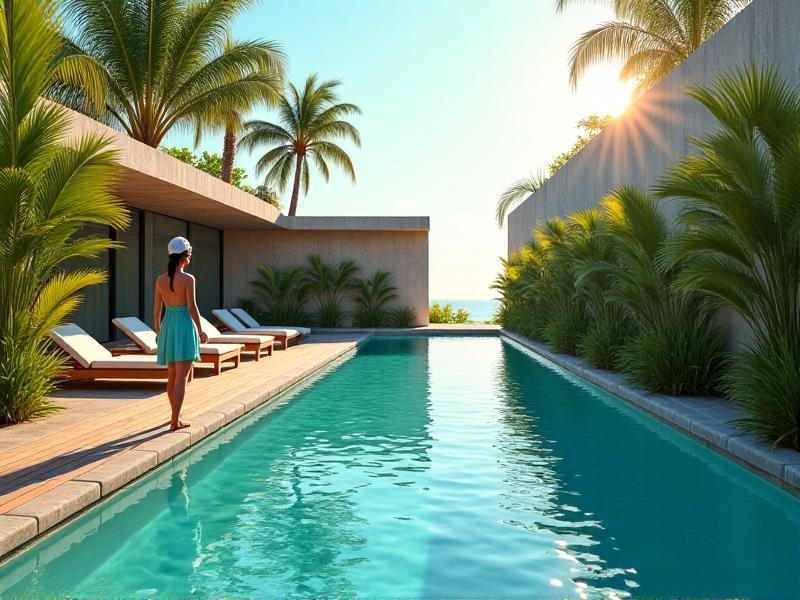
The Rise of Saltwater Pools: A Soothing Option
Saltwater pools have become a popular choice for those with sensitive skin. Unlike traditional chlorine pools, saltwater systems generate chlorine through electrolysis, resulting in lower chemical concentrations. This process creates a gentler swimming experience, reducing the risk of irritation. Additionally, saltwater pools feel softer on the skin and eyes, making them more comfortable for extended use. While the initial installation cost may be higher, the long-term benefits for skin health and overall enjoyment make saltwater pools a worthwhile investment.
Mineral-Based Systems: Harnessing Nature’s Power
Mineral-based pool systems are another excellent alternative to chlorine. These systems use natural minerals like copper and silver, which have antimicrobial properties, to keep the water clean. Unlike chlorine, minerals do not produce strong odors or irritate the skin. They also reduce the need for additional chemicals, making them a healthier choice for both swimmers and the environment. While mineral systems may require occasional maintenance, their ability to provide a gentle and effective sanitization solution makes them ideal for sensitive skin.
Ozone and UV Light Systems: Chemical-Free Sanitization
Ozone generators and UV light systems offer a chemical-free approach to pool sanitization. Ozone is a powerful oxidizer that destroys bacteria and viruses, while UV light neutralizes pathogens by disrupting their DNA. Both methods are highly effective and leave no chemical residues, making them safe for sensitive skin. While these systems are often used in conjunction with small amounts of chlorine or other sanitizers, they significantly reduce the need for harsh chemicals. Their eco-friendly nature and skin-friendly benefits make them an attractive option for modern pool owners.
Tips for Protecting Sensitive Skin in Chlorinated Pools
For those who still swim in chlorinated pools, there are ways to minimize skin irritation. Showering before and after swimming helps remove chlorine residue and replenish the skin’s natural oils. Applying a barrier cream or lotion before swimming can also protect the skin. Wearing a swim cap and goggles reduces exposure to chlorine, while staying hydrated helps maintain skin health. Additionally, using a gentle, moisturizing cleanser after swimming can soothe and repair irritated skin. These simple steps can make a significant difference for those with sensitive skin.
Choosing the Right Chlorine Alternative for Your Pool
Selecting the best chlorine alternative depends on various factors, including budget, pool size, and personal preferences. Saltwater pools are ideal for those seeking a gentler swimming experience, while mineral systems offer a natural and low-maintenance solution. Ozone and UV systems are perfect for those who prioritize chemical-free sanitization. Consulting with a pool professional can help determine the most suitable option for your needs. By choosing the right alternative, you can create a comfortable and enjoyable swimming environment for everyone, especially those with sensitive skin.
The Future of Pool Sanitization: Innovations and Trends
As awareness of skin sensitivity and environmental concerns grows, the pool industry continues to innovate. Advances in technology are making chlorine alternatives more accessible and affordable. Hybrid systems that combine multiple sanitization methods are becoming popular, offering the benefits of each approach. Additionally, eco-friendly materials and energy-efficient designs are shaping the future of pool construction. These trends reflect a growing commitment to creating healthier, more sustainable swimming environments. By staying informed about these developments, pool owners can make choices that benefit both their skin and the planet.
